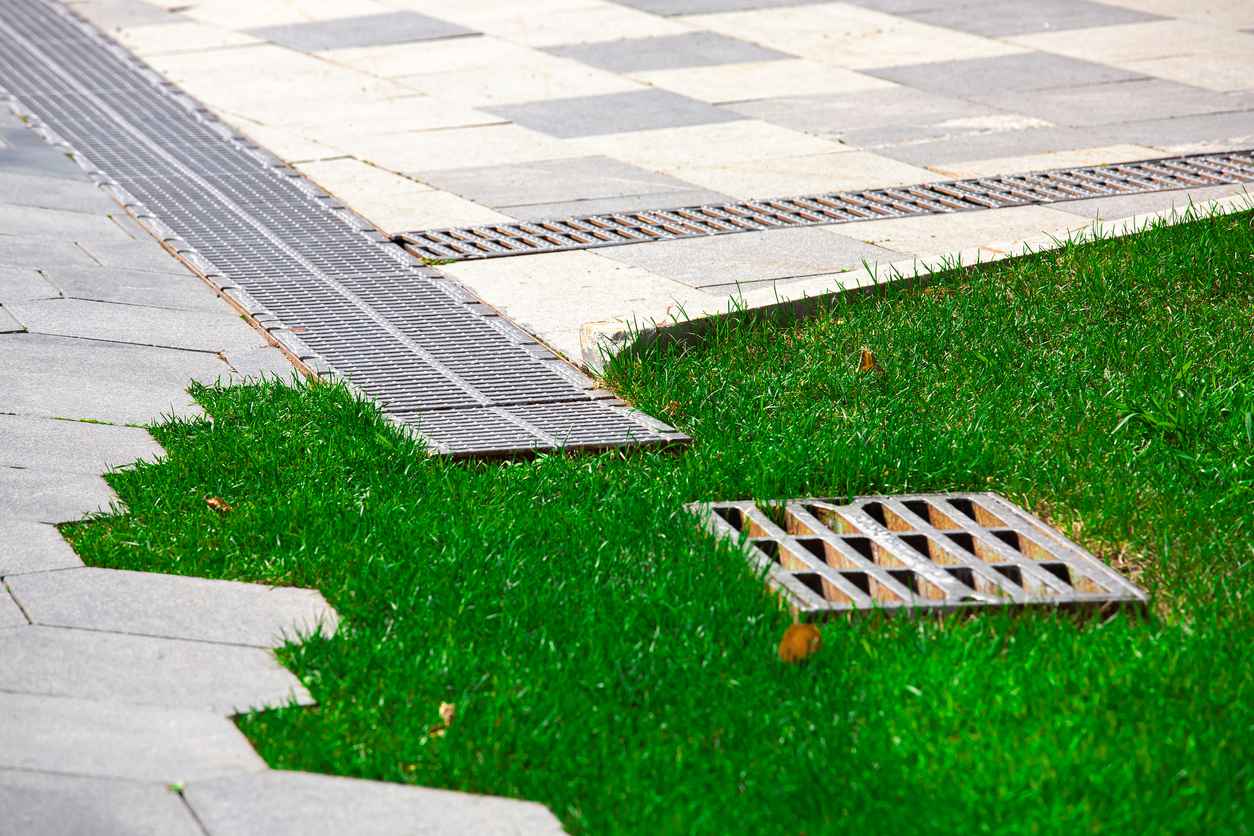Resources
What is a French Drain?

Water management is a critical aspect of maintaining a dry and healthy property. Excessive water can lead to numerous problems, such as soil erosion, foundation damage, and basement flooding. One effective solution for controlling water flow and preventing these issues is a French drain. But what exactly is a French drain, and how does it work? In this blog, we’ll explore the purpose of a French drain, how it operates, and why it might be the perfect drainage solution for your home.
Understanding French Drains
A French drain is a type of drainage system designed to redirect water away from your home’s foundation or other areas where water tends to collect. It consists of a trench filled with gravel or rock, with a perforated pipe at the bottom. The pipe collects and channels water away from the problem area, usually leading to a designated drainage spot, such as a storm sewer or a dry well.
How Does a French Drain Work?
The principle behind a French drain is simple: gravity. Water naturally flows to the lowest point, and the French drain takes advantage of this by creating a path of least resistance for water to follow. When water enters the ground around your home or in your yard, it can accumulate and cause damage. The gravel in the trench helps filter the water into the perforated pipe, which then directs the water away from the area. The pipe’s small holes allow water to enter while keeping debris out, ensuring a smooth flow.
Types of French Drains
There are different types of French drains depending on the specific drainage needs of your property:
- Interior French Drain: Installed inside a basement, this type of French drain is placed along the perimeter of the foundation to prevent water from entering the home. It’s an effective solution for homes with chronic basement flooding issues.
- Exterior French Drain: This is the most common type and is installed around the exterior foundation of the home. It collects water from the surface and directs it away from the foundation to prevent water damage.
- Deep French Drain: This type is used for properties with severe water problems, such as high water tables. A deep French drain is installed at a lower depth to collect groundwater and reduce the risk of flooding or saturation.
When Should You Consider a French Drain?
You should consider installing a French drain if you experience any of the following issues:
- Persistent water pooling in your yard or around your home
- Frequent basement leaks or flooding after heavy rain
- Soil erosion or landscape damage due to water runoff
- High water pressure behind retaining walls
- Concerns about foundation damage from water buildup
A French drain is an excellent long-term solution for controlling water and protecting your property from potential water-related damage.
French Drain Services in Michigan
For professional French drain installation and expert advice on water management, contact Michigan Basements. Our team of specialists can help design and install the perfect drainage solution for your home, ensuring long-lasting protection.


